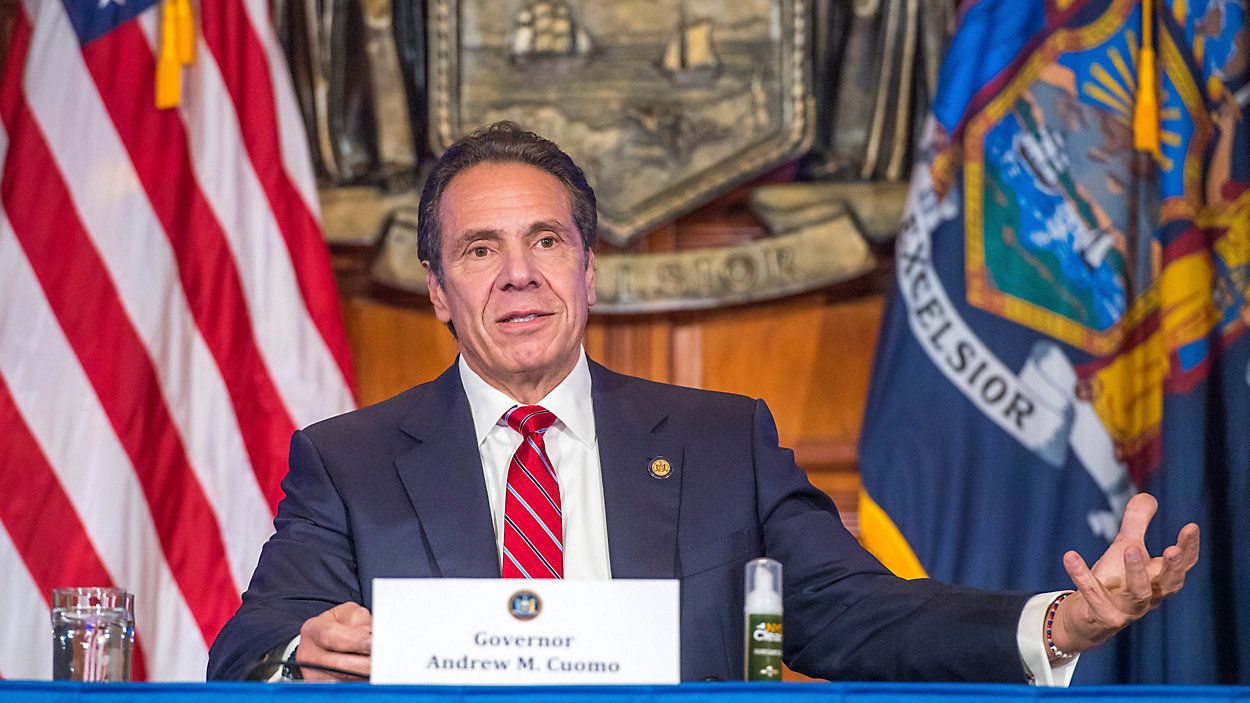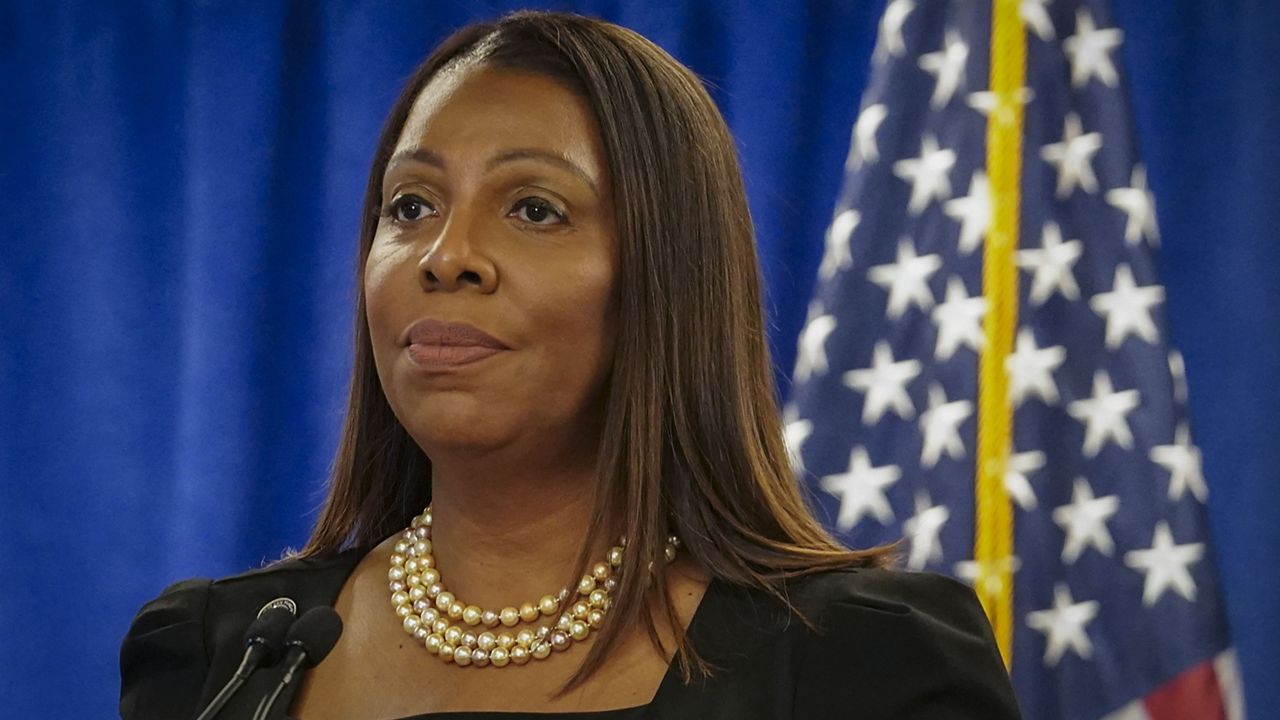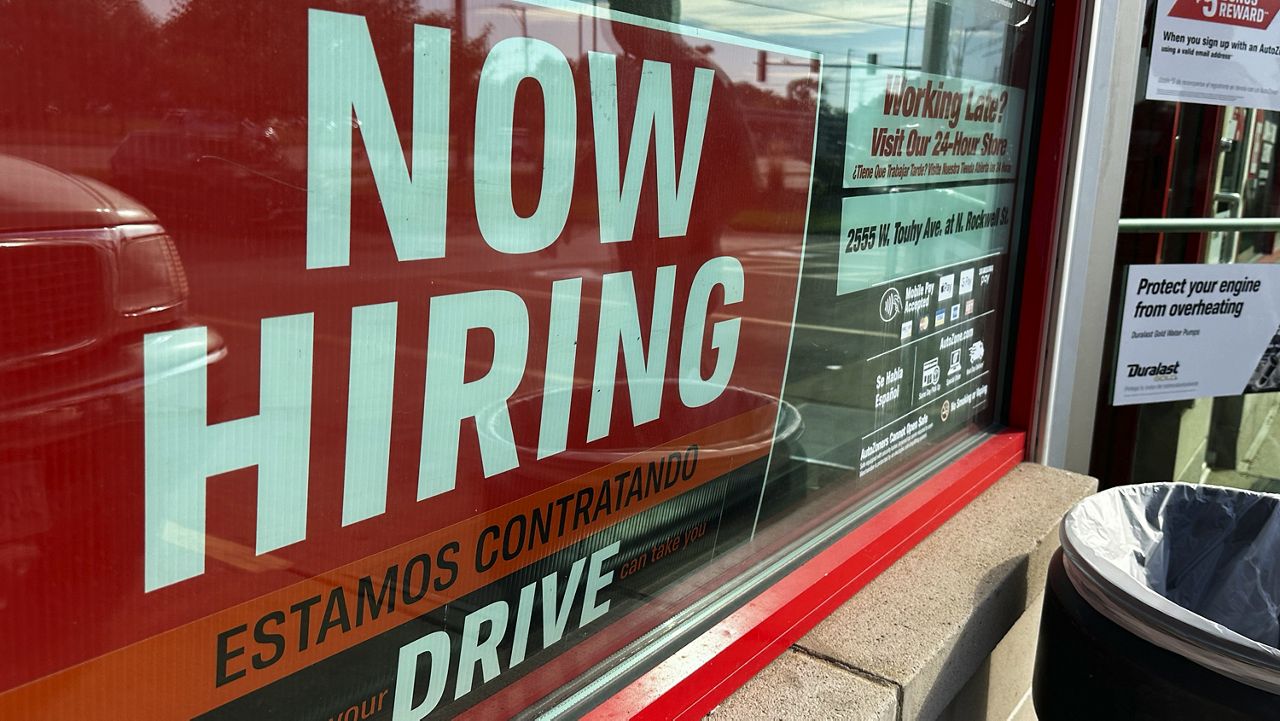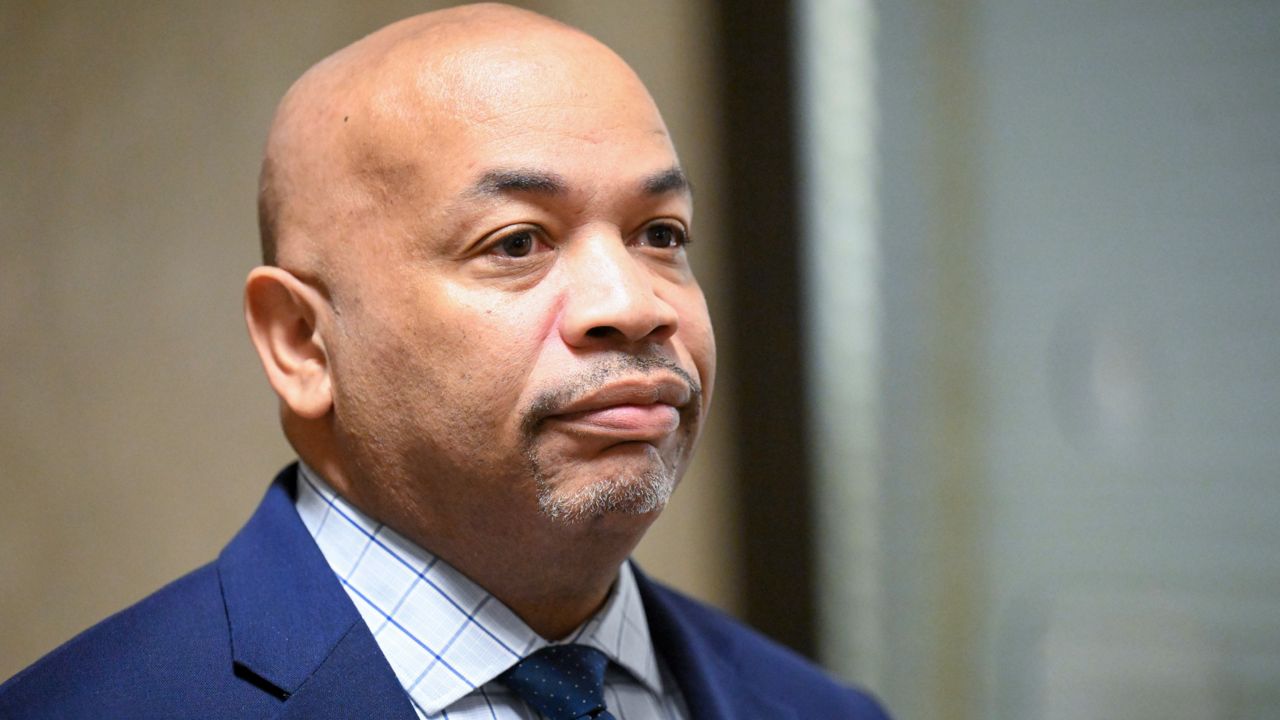Gov. Andrew Cuomo has faced one of the most difficult stretches during his time as governor. In the space of a month, he has taken hits over his handling of nursing homes during the COVID-19 pandemic, highlighting personality traits his critics have long accused him of having: bullying and secrecy.
But one of Cuomo's conclusions after these last several weeks? He should have been more aggressive in pushing back against what he said were lies and misinformation.
"You guys like to say I'm too aggressive," Cuomo said at the end of a 90-minute news conference on Friday. "Oh no, no. I wasn't aggressive enough."
As Cuomo spoke, calls for investigations grew. Rep. Alexandria Ocasio-Cortez in a statement backed an investigation of the governor's handling of nursing homes during the pandemic.
In a way, the governor's strategy is not dissimilar to one he deployed during the last most serious crisis to his administration, when his former close aide and self-described brother Joe Percoco was arrested on bribery charges as part of a broader cases involving a sweeping pay-to-play corruption scandal that drew in economic development projects Cuomo had championed as well as his campaign donors. Cuomo himself was never implicated.
Instead of shying away from those economic development projects, Cuomo doubled down on his support for them.
Cuomo has spent the week decrying the "void" created by his administration in not releasing sought-after data on the deaths of nursing home and long-term care facility residents. That, in turn, led to misinformation exploited by his critics.
"It is a lie to say any numbers are inaccurate," Cuomo said. "Total deaths were always reported to nursing homes and hospitals."
But what had been requested -- and held back -- was where those deaths occurred, either in the facilities themselves or in hospitals. The number of deaths of nursing home residents to the public undercounted the fatalities, and the scope of the pandemic's impact on those facilities.
Cuomo has said the administration delayed releasing the information because of an inquiry from the Department of Justice, and then became focused on responding to the second wave of cases.
"It's not a credibility question," Cuomo said on Friday. "I said, no, I'm not answering your request. I have a lot going on. I'm managing the pandemic. I'm responding to the DOJ."
Still, there's a push ignited in the Legislature to scale back Cuomo's authority over conducting the state's response to the pandemic. The state Senate is expected to pass legisaltion to do so in the coming days.
Cuomo said he would be willing to make what information was sent to the Department of Justice last year public.
Cuomo wants lawmakers to include a slate of nursing home reforms in the state budget and he won't agree to a finalized spending plan without them included. The measures range from bolstering staffing levels in nursing homes to capping profits.
But repeatedly, Cuomo returned to the theme of pushing back against what he called misinformation stemming from the "void."
This week brought new revelations from Assemblyman Ron Kim, a Queens Democrat who has criticized Cuomo's handling of the pandemic. Kim this week said Cuomo called him and threatened his career; Cuomo's office called the allegation a lie.
But Cuomo is known for wielding the phone call as a weapon against those who have criticized him. And, more broadly, where opponents see a bully, Cuomo has touted himself as an advocate for New Yorkers.
"I understand politics is a nasty business ... but this is different," Cuomo said. "If you are lying in a report, I'm going to call it out. If you are lying in a newspaper, I'm going to call it out."








